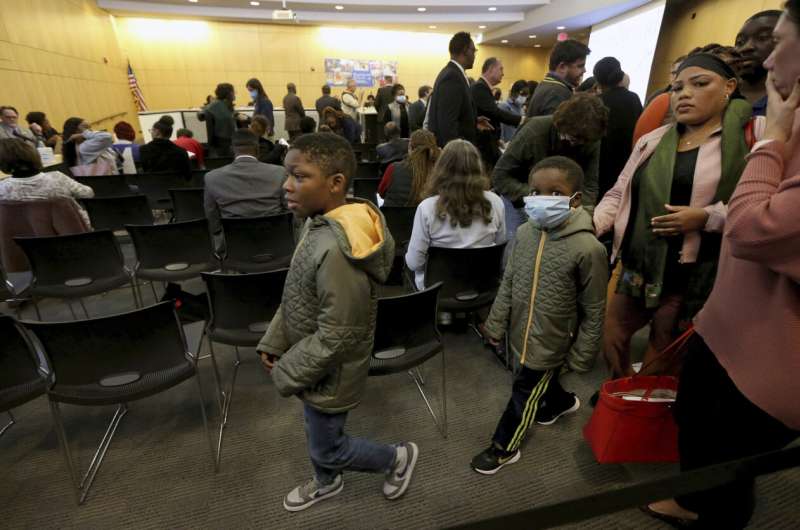
Some parents of children at Jana Elementary School in suburban St. Louis say they’ll seek medical testing and guidance from doctors about what to do next, after a privately-funded environmental study found radioactive contamination inside the school and on the playground.
The Hazelwood Board of Education on Tuesday announced plans to close the grade school in Florissant, Missouri, indefinitely and clean it. The roughly 400 students—80% of whom are Black—will do virtual learning for now, then be sent to some of the district’s 19 other elementary schools starting Nov. 28.
It’s unclear how long the cleanup process will take, what it will involve or who will pay for it. A district spokeswoman declined comment beyond a written statement that broadly outlined the plan to close the school and relocate children.
Coldwater Creek runs directly behind Jana Elementary, which has educated thousands of children since it opened 50 years ago. The creek was contaminated in the 1940s and 1950s when waste from atomic bomb material manufactured in St. Louis got into the waterway near Lambert Airport, where the waste was stored. The creek runs 19 miles (30 kilometers) before spilling into the Missouri River.
The result was an environmental nightmare. For decades, children who lived near the creek hunted for crawdads and splashed in the water on hot summer days, unaware of the poison they were playing in.
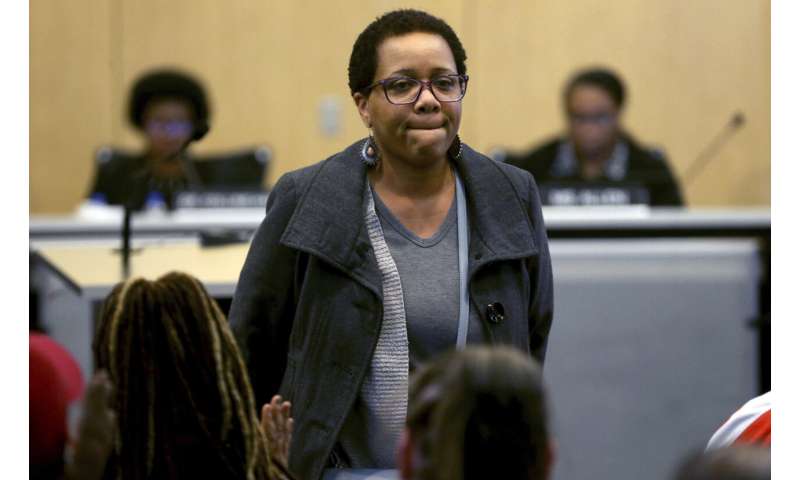
A 2019 federal report determined that those exposed to Coldwater Creek from the 1960s to the 1990s may have an increased risk of bone cancer, lung cancer and leukemia. Environmentalists and area residents have cited several instances of extremely rare cancers that have sickened and killed people.
The Environmental Protection Agency established a Superfund site in 1989, and the government is spending millions to clean up the mess, though the project isn’t expected to end until 2038.
Amidst that backdrop, it’s no wonder that Jana Elementary parents were alarmed by the Oct. 10 report from Boston Chemical Data Corp., funded by two law firms suing to seek compensation for illnesses and deaths. It found levels of radioactive isotope lead-210 that were 22 times the expected level on the kindergarten playground. It also found high levels of polonium, radium and other material inside the school.
Kimberly Anderson told the board during a packed meeting on Tuesday that she is raising three grandchildren who attend Jana Elementary. She worried about the health damage that might already have occurred.
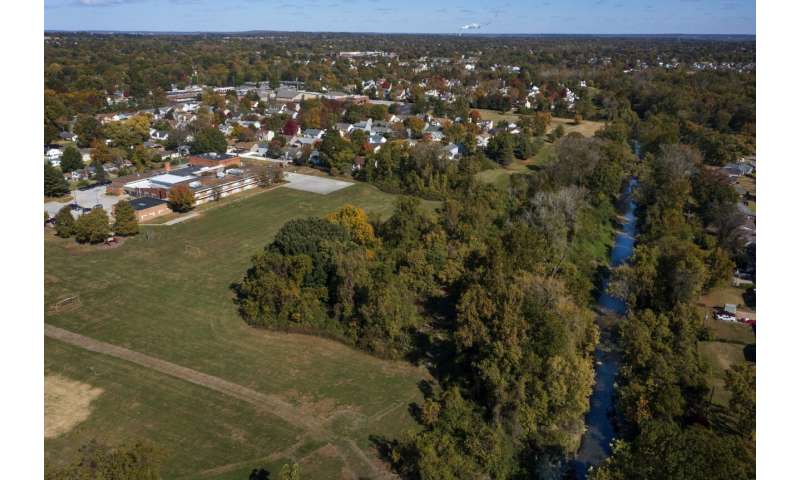
Anderson said the district should provide a medical expert who can offer “insight as to what I need to be looking for and what I need to have tested for my children.”
To start with, Anderson said she plans to have the blood of her grandchildren tested.
Ashley Bernaugh is president of the PTA, lives nearby and has a son who attends. She called the findings of the study “terrifying.”
She said “lab testing would be prudent especially because of the levels of radioactivity and lead found.”
The Army Corps of Engineers earlier found contamination in the woods nearby. But since none was found in the area between the woods and the school, the agency didn’t test the building or the grounds.
Phillip Moser, program manager of the Corps’ Formerly Utilized Sites Remedial Action Program in St. Louis, expressed concerns about the Boston Chemical report, calling it “incomplete and not consistent with the approved processes required to do an evaluation at one of our sites.”
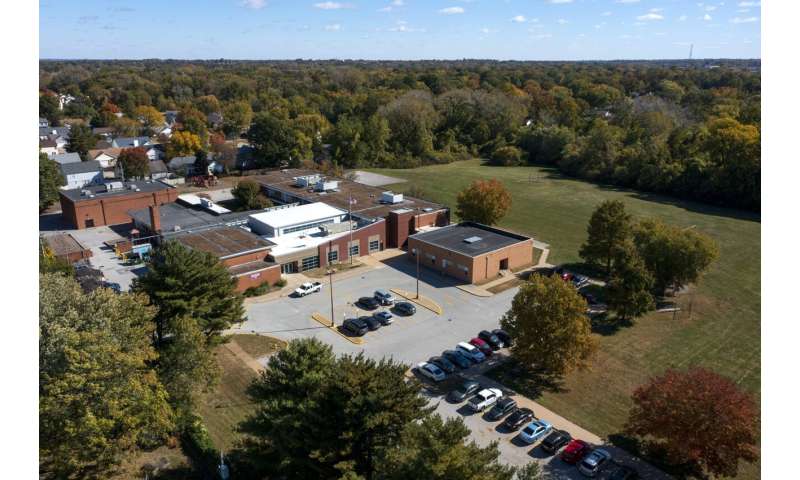
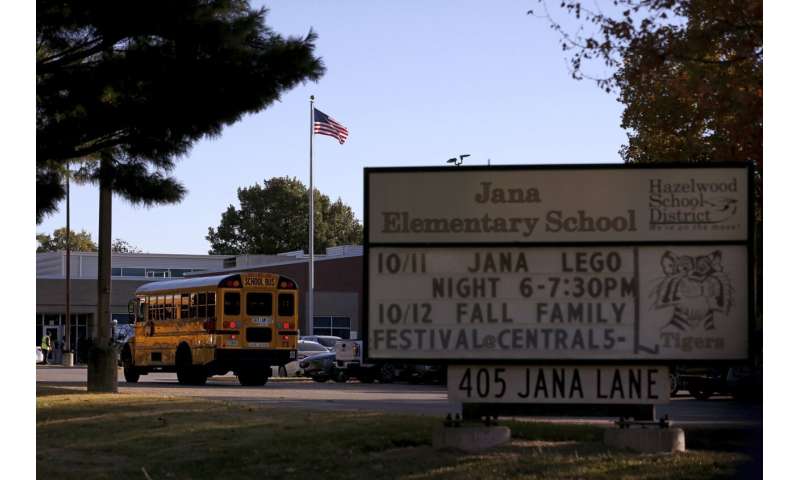
Still, it was enough to prompt local, state and federal lawmakers to call for immediate action.
U.S Rep. Cori Bush, a St. Louis Democrat, said the federal government “is responsible for this waste” and needs to clean it up.
U.S. Sen. Josh Hawley, a Republican, wrote to President Joe Biden on Wednesday, asking that he declare a federal emergency to expedite remediation. If cleanup is not feasible, Hawley said the government should pay for a new building.
Source: Read Full Article


